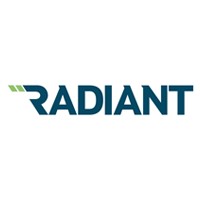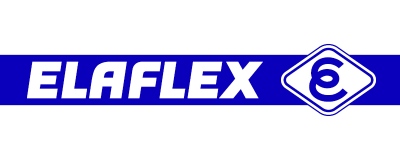Companies that use JsonAPI
t is a format that works with HTTP. A main goal of the specification is to optimize HTTP requests both in terms of the number of requests and the size of data packages exchanged between clients and servers.
125
companies
List of companies using JsonAPI
curl --request POST \
--url "https://api.theirstack.com/v1/companies/search" \
--header "Accept: application/json" \
--header "Content-Type: application/json" \
--header "Authorization: Bearer <api_key>" \
-d "{
\"company_technology_slug_or\": [
\"jsonapi\"
]
}"Technology
is any of
JsonAPI
| Company | Country | Industry | Employees | Revenue | Technologies |
|---|---|---|---|---|---|
 United States | IT Services and IT Consulting | 25 | $7.2M | JsonAPI | |
 United States | IT Services and IT Consulting | 253 | JsonAPI | ||
 United States | Government Administration | 14 | JsonAPI | ||
 United States | IT Services and IT Consulting | 140 | $24M | JsonAPI | |
 United States | Wellness and Fitness Services | 228 | $4M | JsonAPI | |
 Germany | Oil and Gas | 95 | JsonAPI | ||
 United States | Higher Education | 5k | JsonAPI | ||
 Spain | Software Development | 292 | JsonAPI | ||
 Spain | Retail | 94 | $3M | JsonAPI | |
 Germany | Wholesale | 501 | JsonAPI |
We have data on 125 companies and users that use JsonAPI. Our JsonAPI users and customers list is available for download and comes enriched with vital company specifics, including industry classification, organizational size, geographical location, funding rounds, and revenue figures, among others.
Technology Usage Statistics and Market Share
How to target JsonAPI users
- How to customize this list?
You can customize this data to your needs by filtering for geography, industry, company size, revenue, technology usage, job postions and more. You can download the data in Excel or CSV format.
- How to be alerted when companies adopt this technology?
You can get alerts for this data. You can get started by selecting the technology you are interested in and then you will receive alerts in your inbox when there are new companies using that technology.
- How to import this data to my CRM?
You can export his data to an Excel file, which can be imported into your CRM. You can also export the data to an API.
Frequently asked questions









